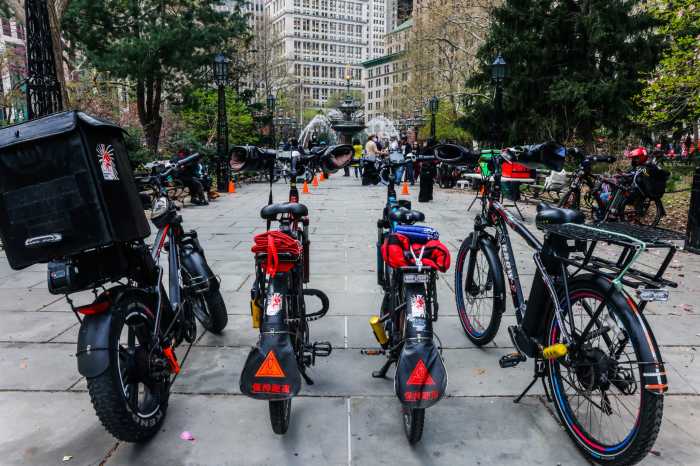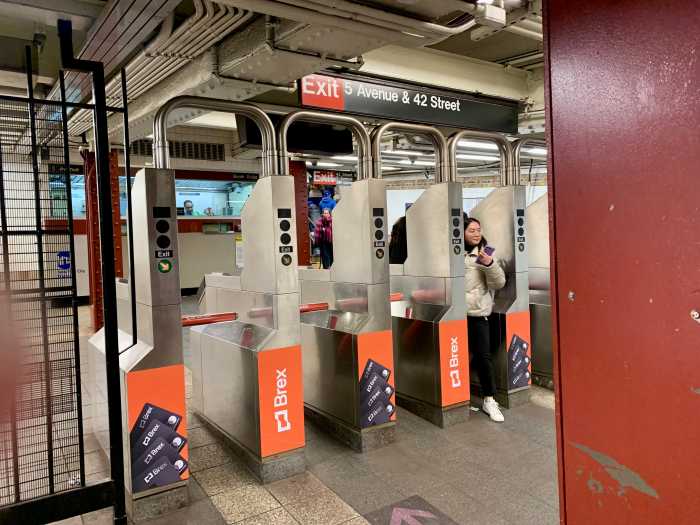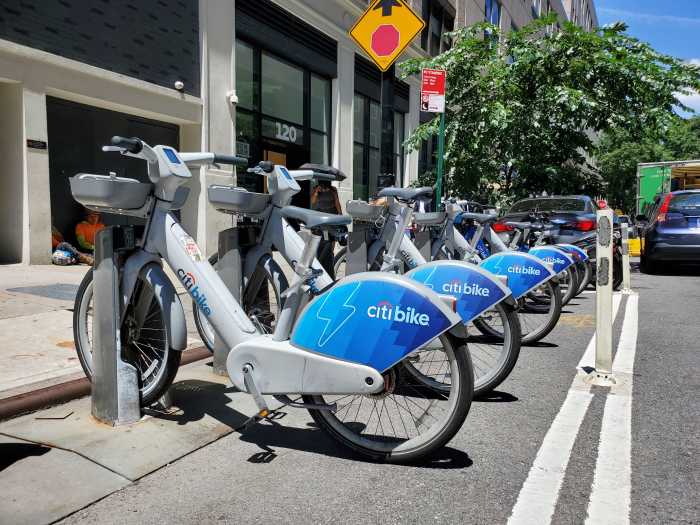The New York City ride-hailing service Juno is shutting down.
Juno’s parent company, Gett, announced service would shutter Monday. CEO Dave Waiser said the decision was based on a shifting focus toward corporate clients and “the enactment of misguided regulations in New York City earlier this year.”
Gett announced the news alongside a new partnership with its one-time competitor Lyft. Under the agreement, corporate clients requesting a ride through Gett could be matched with a driver in Lyft’s larger driver network.
“This partnership will allow Gett to expand its reach across the United States, seamlessly serving its business clients on the Lyft network, all through Gett’s SaaS platform for business travelers,” Waiser said in a statement.
After launching in New York City in April 2016, Juno billed itself as a driver-friendly company. It promised better earnings and equity in the company as it scrapped for rides alongside the Uber and Lyft, which have dominated the sector but have been repeatedly criticized for denying their drivers the status and rights of employees.
But Juno was plagued by similar accusations. In June 2017, drivers filed a federal lawsuit against Gett and Juno, alleging contractual breaches and stock fraud, among other charges.
While Waiser doesn’t specify the “misguided regulations” placed the industry, it appears he’s referring to the minimum pay standard the city’s Taxi & Limousine Commission passed for app-based drivers, which secures a minimum $17.22 pay rate per hour after expenses.
In January, both Juno and Lyft filed a lawsuit to block the regulation, but a judge tossed the suit in May.
Together, Uber and Lyft accounted for 87% of all app-dispatched trips in 2017, according to a TLC-commissioned study on driver pay.
Juno completed about 20,866 trips each day on average this September, according to TLC data.. Compared to Uber, Lyft and Via, that accounted for about 3.1% of average daily trips that month. Uber accounted for the largest portion by far, at 69.6%




























